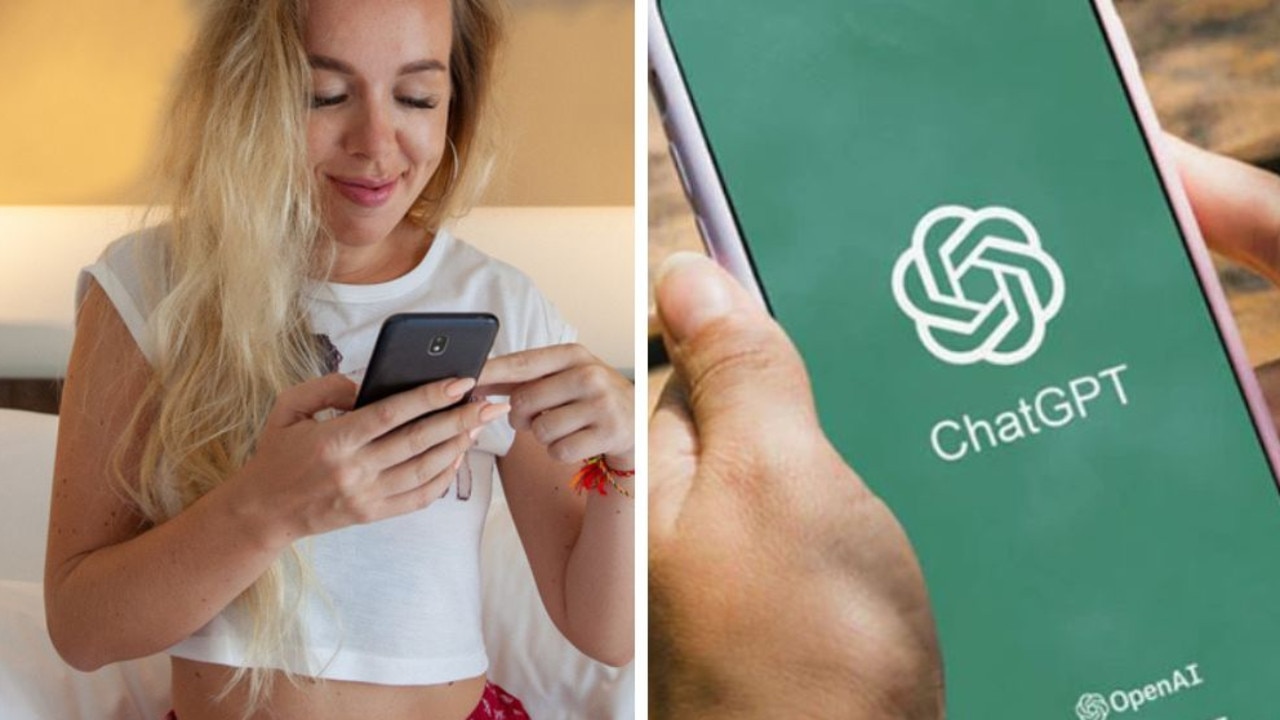No paint brush, chisel or camera required – how AI art skills can earn you thousands
Tech-savvy creatives are earning thousands of dollars producing AI art – no paint brush, chisel or camera required. Here’s how they do it.
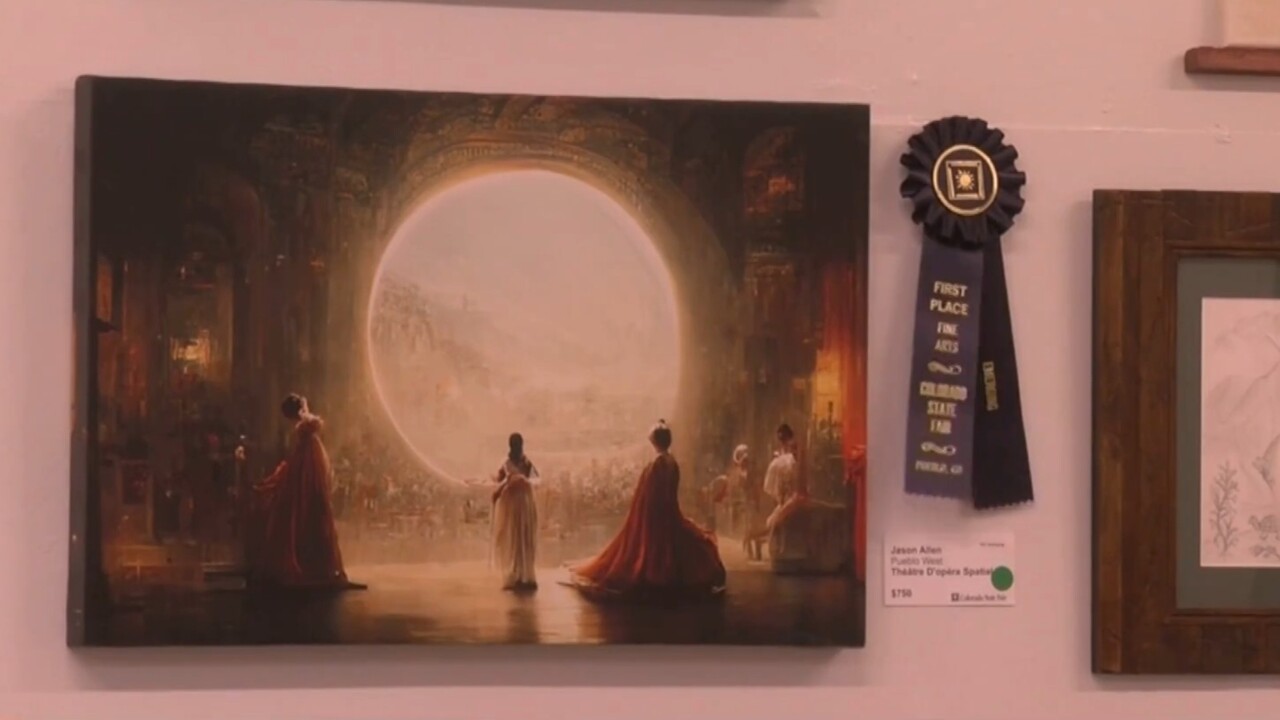
Technology
Don't miss out on the headlines from Technology. Followed categories will be added to My News.
Tech-savvy creatives are earning thousands of dollars producing AI art – no paint brush, chisel or camera required.
Freelance marketplace Fiverr’s new Business Trends Index reveals hirers are paying between $600 and $1200 a project for art created using artificial intelligence tools such as Midjourney, Dall-E 2 and Leonardo.AI.
Searches for the skill set increased 3731 per cent since the last Index was released six months ago – although this is coming off a low base given AI art only recently hit the mainstream.
Fiverr community manager Olly Woolrych said there had been a “huge boom” in demand for AI art skills, but there had also been a boom in freelancers offering these talents on the platform.
Projects ranged from creating art for personal use through to creating characters for video games and animations for music video clips.

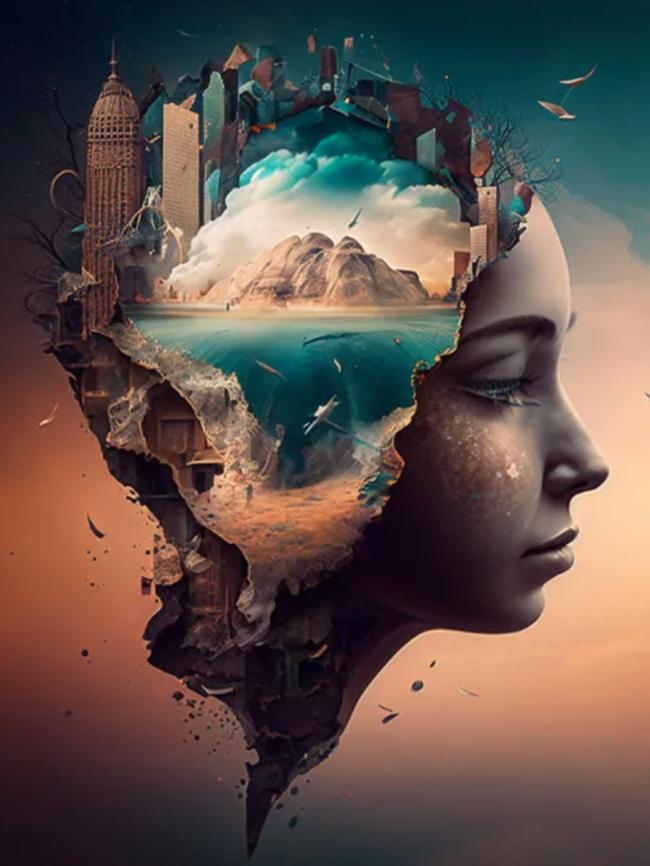
“For us, Midjourney certainly seems to be the software that most freelancers are choosing to use,” Mr Woolrych said.
“Some of the freelancers have a background in illustration as an artist, others are wordsmiths and creative writers … it’s a real blend of different skill sets that these freelancers have.”
He said AI artists could attract higher renumeration on the platform by taking on larger projects and by having strong user reviews and previous experience.
Given the technology was so new, hirers were not looking for formal qualifications but at the freelancer’s portfolio of previous work.
Dandenong’s Yassin Elhag, 22, has been freelancing on Fiverr, generating AI art using Stable Diffusion.
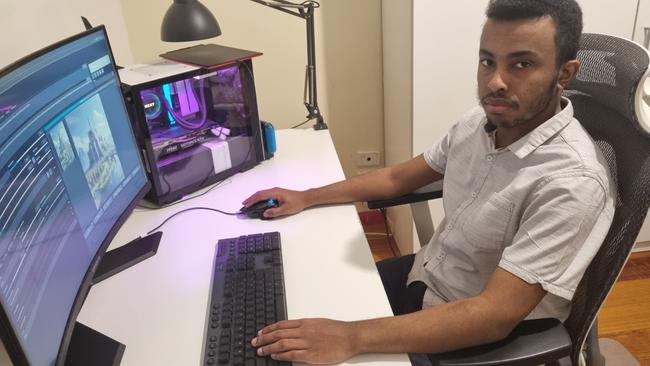
He mostly creates character concepts but has also had orders for art based on TV, movie and video game characters and for landscape art.
“I had a little experience with Photoshop and had very limited skill when it came to drawing art,” he said.
“When it comes to AI, all of my knowledge is self-taught using resources available on the internet.
“Overall, while it is hard to wrap your head around AI, art isn’t overly complex and I believe anyone can learn how to generate art with some simple research.”
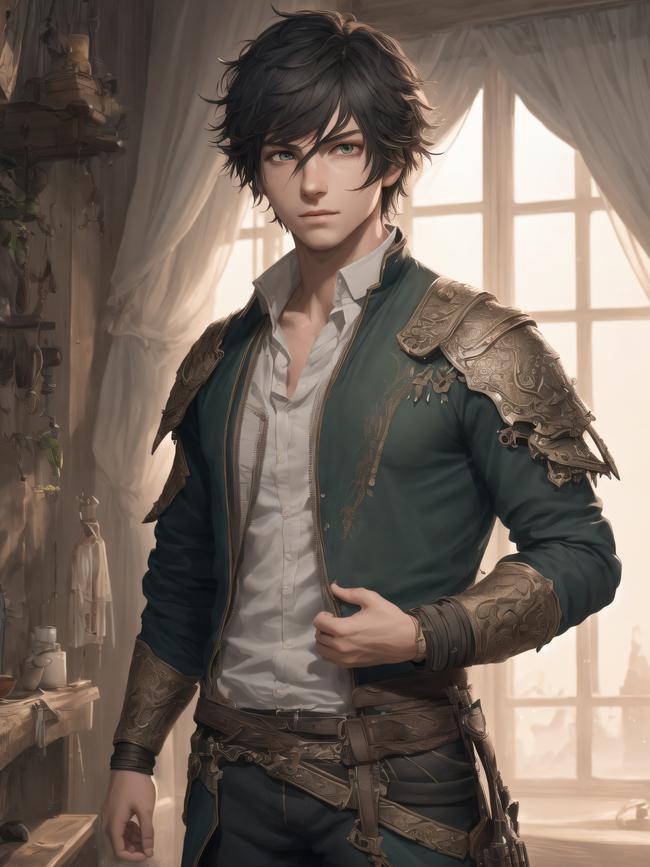
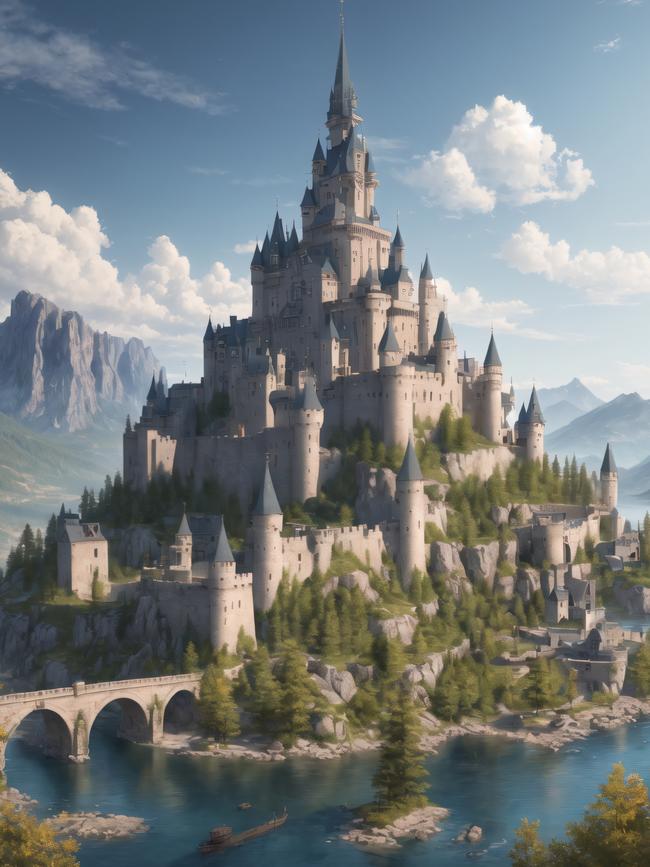
Mr Elhag, who is also studying aerospace engineering and business management at RMIT University, said his advice for someone getting started on Fiverr with AI art was to make sure each customer was happy with the final product, and find a way to differentiate from other AI artists on the platform.
“Do not get discouraged if the business is slow at first. The more orders you get, the more traffic your page will have, so just be patient,” he said.
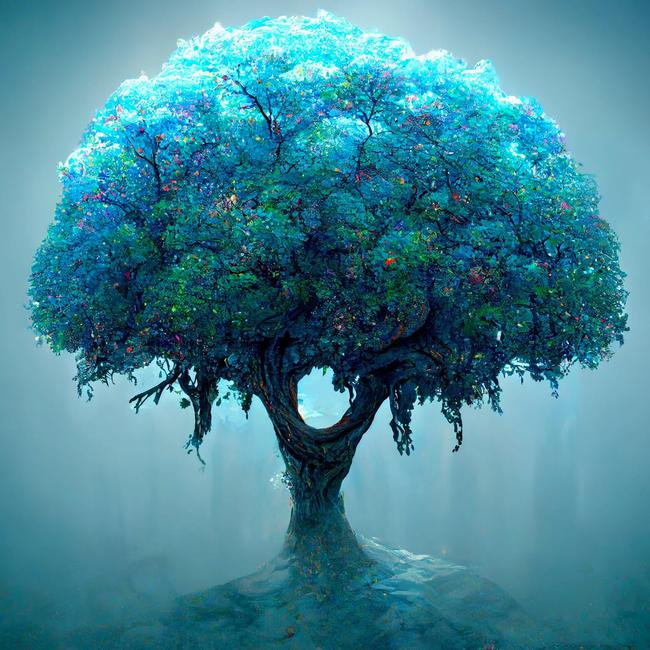
Outside of freelance marketplaces, creatives have also begun commercialising their AI skills by selling artworks on websites such as Etsy.
Downloadable picture files that can be used as mobile phone lock screens or printed on to canvas typically sell for between $5 and $20 each.
HOW AI ART WORKS AND HOW TO GET STARTED
UNSW School of Art & Design PhD researcher and Human-AI interaction designer Rodolfo Ocampo said text-to-image models were trained by developers using images that had been scraped from the internet.
“They train the model to relate the captions to the images so … they just recognise what image goes with that text,” he said.
“They have been trained on everything in creative commons and supposedly didn’t take anything copyrighted.”
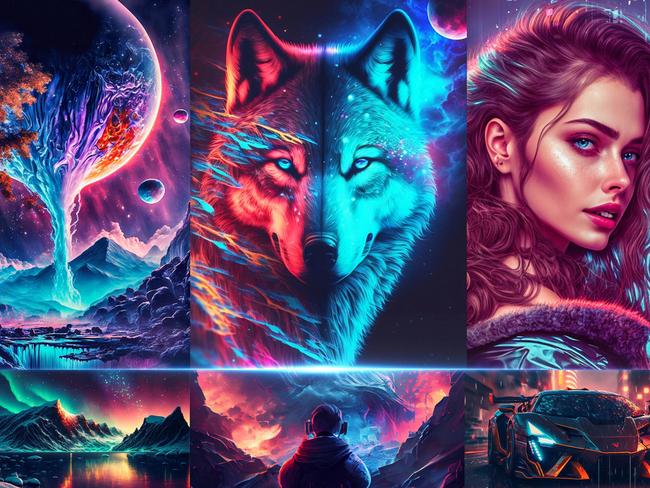
Users could sign up for free or low-cost generators Dall-E 2 (via openai.com/product/dall-e-2), Midjourney (via midjourney.com) and Leonardo.AI (via leonardo.ai/).
While the experience was different for each, all required the user to type a prompt describing the image they would like.
Mr Ocampo shared his tips for writing a good prompt:
b If you have a clear intention of what you would like, be very visually descriptive. If you want the model to come up with something, leave it ambiguous.
b Choose the right tool for your project. For example, Dall-E 2 is better at creating more surreal images, Midjourney is better at creating photorealistic designs.
b Influence what you generate by adding parameters to your prompt. For example, change the aspect ratio (e.g. add “—ar 2:3” to your prompt in Midjourney), the lighting (e.g. add “studio lighting”), the sort of photography it is emulating (e.g. add “8K”). You can add keywords such as “photo realistic style”.
b Describe the image rather than giving instructions. Think of it as writing the caption for the image being generated.
THE FUTURE OF AI ART
AI is already being used by creatives to generate work or experiment with ideas in a digital space before recreating them in real life – for example, in interior design.
Mr Ocampo said he expected to soon see AI art evolve to produce 3D images and designs, as well as films.
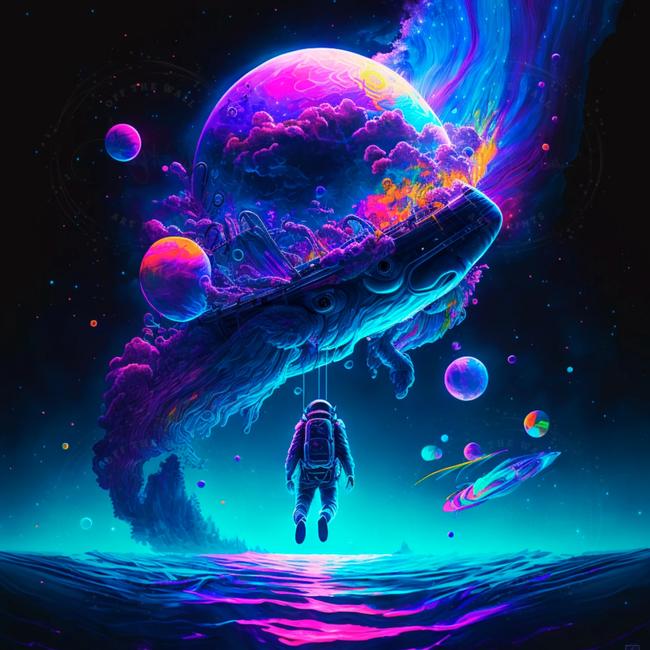
“I would say in the next five years we will see AI-generated movies, where you can pass a script and it will render a movie for you,” he said.
“Last year was text-to-image, this year we will see a lot more text-to-video.”
For anyone worried about AI and whether it could replace them in their job, Mr Ocampo’s message was simple: “In some cases, it will replace what humans do, but in many cases it will be helpful for people – for anyone scared of these tools, I recommend trying them.”
More Coverage
Originally published as No paint brush, chisel or camera required – how AI art skills can earn you thousands



